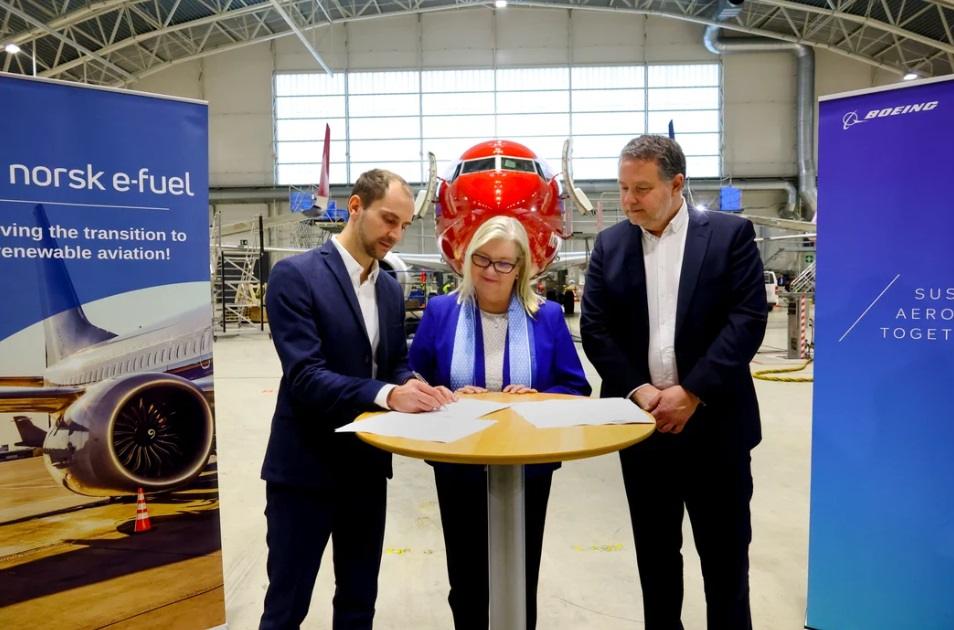FMC Commits $30 Million to Global Zero Hunger Goal
Agricultural sciences company FMC Corporation announced a $30.5 million commitment to UN-backed Zero Hunger Private Sector Pledge, aimed at investing in training, technology and development for farmers in vulnerable regions, in order to advance global food security.
The pledge calls on companies to align their business efforts and investments with the UN Sustainable Development Goal 2, Zero Hunger, to create a world free of hunger by 2030.
FMC Chief Sustainability Officer Julie DiNatale said:
“FMC’s commitment to the Zero Hunger Private Sector Pledge further aligns our investments with continuous efforts to support farmers, secure the future of food and achieve the goal of Zero Hunger by 2030.”
As part of FMC’s commitment, the company will continue its existing work boosting smallholder farmers’ productivity and incomes, offering rural women and youth training opportunities, and advancing digital precision technologies across Asia, Africa, and Latin America.
The company said that a substantial part of its commitment is in precision agriculture technology, aimed at helping farmers adapt to unpredictable conditions, like evolving weather. Investments will include the launch its Arc farm intelligence platform across multiple countries, providing real-time pest insights, proactive treatment, and field monitoring equipment at no cost. FMC said that it will also invest in its Sustainable, Transformational Initiative toward Development (STRIDE) program, aimed at smallholder farmer access to innovative crop protection technologies and extension services to improve their yields, grow their incomes and enhance their quality of life.
Additional commitments involve partnerships with youth extension services in Kenya, rural women trained in beekeeping in India with G.B. Pant University, and a collaboration with Brazilian fintech startup Traive for access to credit for farmers.
DiNatale added:
“We are not going to achieve Zero Hunger by 2030 by doing things the way we’ve always done them. Innovation is essential. Involvement in this global movement creates new avenues for growth and innovation through opportunities to collaborate on ground-breaking solutions that transform the way food is produced.”





